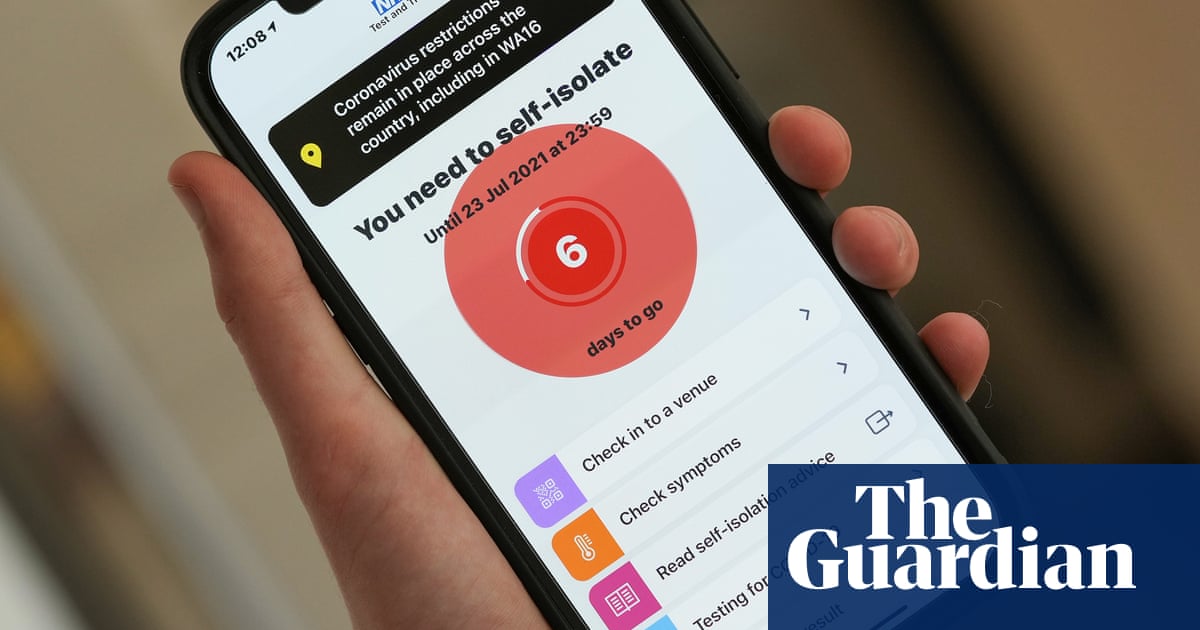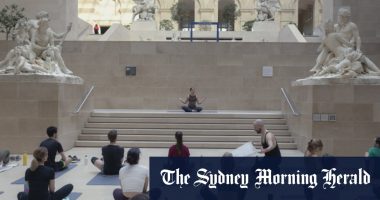
The prime minister is to announce the end of the legal duty to self-isolate after testing positive for Covid-19 next week.
Downing Street said Boris Johnson will lay out his intentions to repeal all pandemic regulations that restrict public freedoms in England as part of his “living with Covid” plan on Monday.
Johnson will also tell MPs returning to parliament after February recess that the country can rely on the vaccine programme, testing, and new treatments to keep people safe.
The prime minister said: “Covid will not suddenly disappear, and we need to learn to live with this virus and continue to protect ourselves without restricting our freedoms. We’ve built up strong protections against this virus over the past two years through the vaccine rollouts, tests, new treatments, and the best scientific understanding of what this virus can do.
“Thanks to our successful vaccination programme and the sheer magnitude of people who have come forward to be jabbed, we are now in a position to set out our plan for living with Covid this week.”
By the end of the week, local authorities will be required to manage outbreaks with pre-existing public health powers.
Pharmaceutical interventions will “continue to be our first line of defence”, with the vaccine programme remaining “open to anyone who has not yet come forward”, Downing Street added.
Sir David Spiegelhalter, a professor at Cambridge University, argued that some form of the Office for National Statistics (ONS) study on coronavirus should remain in place regardless of other changes.
“It has been absolutely so important as we have gone along,” the non-executive director for the ONS and chairman of the advisory board for the Covid Infection Survey told Radio 4’s Today programme on Saturday.
“It has been running since April 2020, and so, as I said, I do have a bias here but it is not just me – I think lots of people are saying how important it is, particularly the statistical community.”
Meanwhile, the scale of free testing to be retained is still being thrashed out within government this weekend amid a dispute between chancellor Rishi Sunak and health secretary Sajid Javid over the costs.
Current data suggests that nearly 4 million people take regular Covid tests, including those who visit and help vulnerable relatives. That number also includes vulnerable people who work in settings that could put them at greater risk, where they have face-to-face contact with others.
Research based on the average cost of tests internationally, compiled by the Liberal Democrats, suggests that people who take two tests a week face an average bill of £534 a year.
The shadow health secretary, Wes Streeting, said: “Boris Johnson is declaring victory before the war is over, in an attempt to distract from the police knocking at his door.
“Labour doesn’t want to see restrictions in place any longer than they need to be. The government should publish the evidence behind this decision, so the public can have faith that it is being made in the national interest. Now is not the time to start charging for tests or weaken sick pay, when people are still being asked to behave responsibly.”
Source: Guardian







